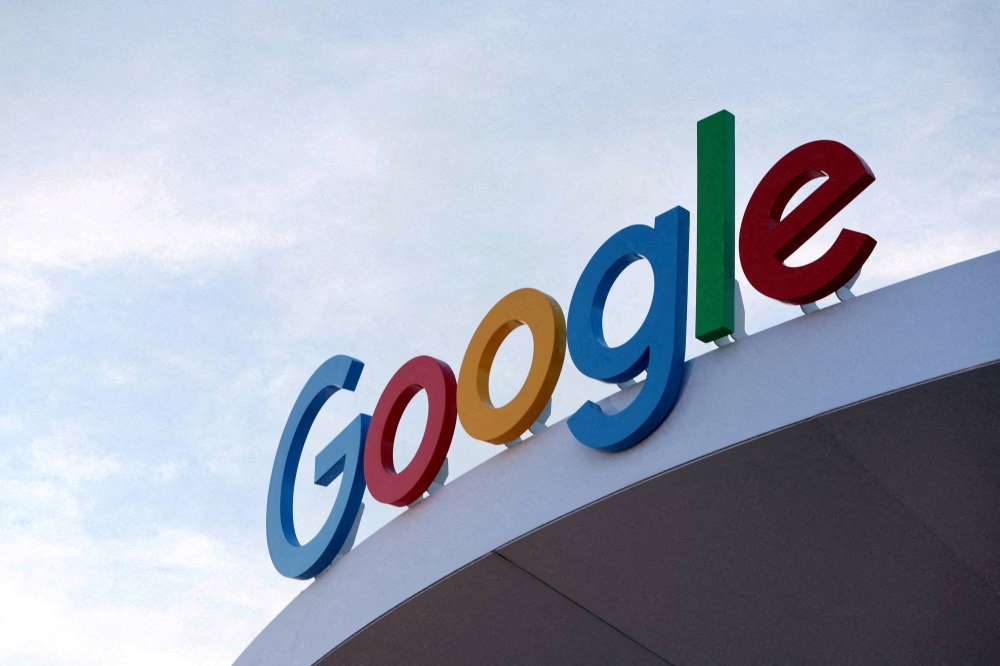A US federal judge has ordered Google to permit rival tech firms’ apps on its Google Play Store for three years, starting next month. This directive is part of several remedies issued by Judge James Donato in a case initiated by Epic Games, the maker of Fortnite.
Google plans to appeal the ruling and seek a delay in its implementation. The case follows a December jury verdict that favored Epic Games, which argued that Google hindered competition by controlling app distribution and payment systems on Android.
Google contended that these changes could compromise user privacy and security, make app promotion harder for developers, and decrease competition on Android. However, legal experts view the ruling as a major challenge to tech giants. Vanderbilt Law School’s Rebecca Haw Allensworth commented that the decision signals courts may press dominant platforms to open access to rivals, promoting competition.
The ruling also mandates Google to make its app catalogue accessible to competing app stores. Mark Lemley from Stanford Law School observed that this isn’t typically required under antitrust law. Nonetheless, the judge stressed that once antitrust violations are established, courts can impose measures to counteract the harm, even if those measures are unprecedented.
Google asserts that its Play Store functions within a competitive market, highlighting competition with Apple, which also faced a lawsuit from Epic Games in 2020. In that case, an appeals court concluded that Apple does not hold a monopoly on mobile games.
This ruling adds to Google’s mounting legal challenges regarding market practices. In August, U.S. District Judge Amit Mehta found Google maintained an illegal monopoly in online search. Last month, arguments wrapped up in a similar case concerning Google’s control over advertising technology.
Critics argue that Google’s transaction fees, which can reach up to 30% on app store transactions, contribute to increased costs for consumers. Lee Hepner of the American Economic Liberties Project believes this ruling could encourage more developers to enter the market, potentially lowering prices for consumers.


